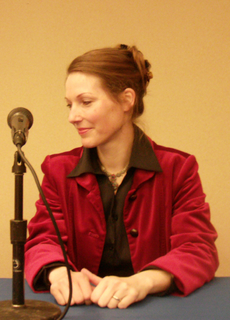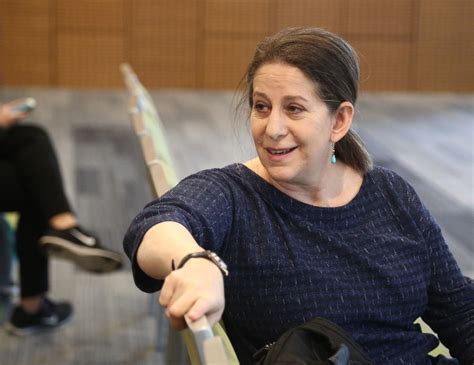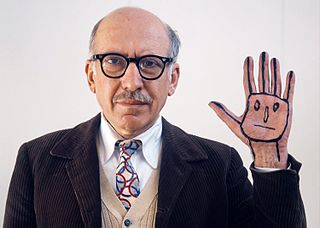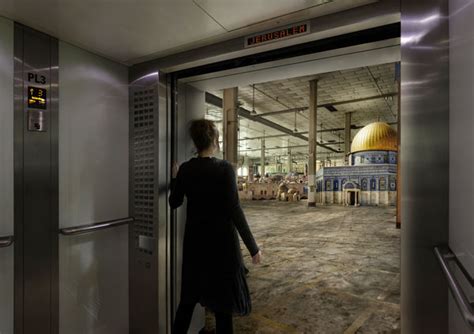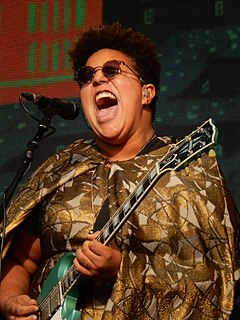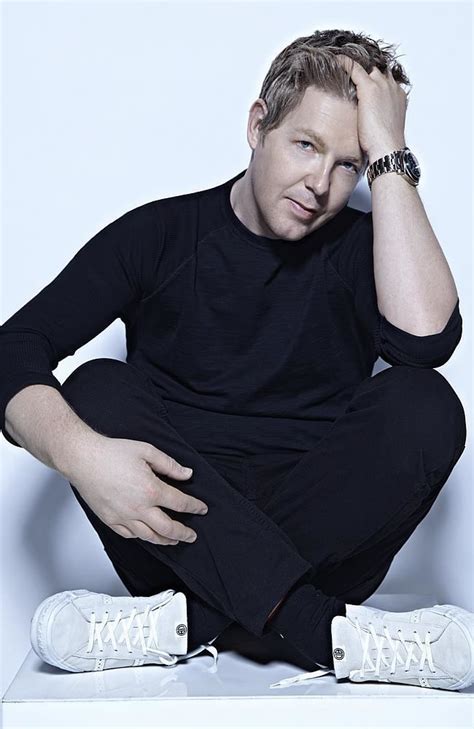Top 1200 Dystopian Fiction Quotes & Sayings
Explore popular Dystopian Fiction quotes.
Last updated on November 21, 2024.
What I find interesting and heartening, though, is that there does seem to be a shift in the subject matter being written about by women that is doing well in the culture. We're seeing more women writing dystopian fiction, more women writing novels set post-apocalyptic settings, subjects and themes that used to be dominated by men.
Creative non-fiction is such a liberating genre because it allows the non-fiction writer, whether he or she be journalist or essayist, to use all of the techniques of the fiction writer and all of the ideas, creative approaches, that fiction writers get a chance to use, but they have to use it in a true story.
'Divergent' was my utopian world. I mean, that wasn't the plan. I never even set out to write dystopian fiction, that's just what I had when I was finished. At the beginning, I was just writing about a place I found interesting and a character with a compelling story, and as I began to build the world, I realized that it was my utopia.
What tends to happen when people talk about Chinese sci-fi in the West is that there's a lot of projection. We prefer to think of China as a dystopian world that is challenging American hegemony, so we would like to think that Chinese sci-fi is all either militaristic or dystopian. But that's just not the reality of it.
That's what 'Star Trek' was: We don't know how to make an ideal society, but we're going to portray that, and then we're going to work backward. I think that's why science fiction - despite the dystopian parts - comes out of this super ideal that, eventually, we will get to some better place where we actually live up to our ideals.
Science fiction also provides a sense of nostalgia that is always present when it comes to Palestine, in that whenever we talk about Palestine, it is never in the present, but either remembering a past or imagining a better future. Submitting gritty Middle Eastern politics to high production sci-fi in this manner not only underlines the absurdity of the situation, but brings about a dystopian future scenario.
Writing fiction is not a profession that leaves one well-disposed toward reading fiction. One starts out loving books and stories, and then one becomes jaded and increasingly hard to please. I read less and less fiction these days, finding the buzz and the joy I used to get from fiction in ever stranger works of non-fiction, or poetry.
I would say that most of my books are contemporary realistic fiction... a couple, maybe three, fall into the 'historic fiction' category. Science fiction is not a favorite genre of mine, though I have greatly enjoyed some of the work of Ursula LeGuin. I haven't read much science fiction so I don't know other sci-fi authors.
Science fiction is a weird category, because it's the only area of fiction I can think of where the story is not of primary importance. Science fiction tends to be more about the science, or the invention of the fantasy world, or the political allegory. When I left science fiction, I said "They're more interested in planets, and I'm interested in people."
I suspect the popularity of young adults and dystopian novels has something to do with a desire for allegory and old-fashioned morality tales. In fact, you might find your religious framework here in dystopian, post-apocalyptic fiction. Here, and in videogames, you find strict codes of authority, the "rules of the game," the life-or-death quest and struggle that people crave.











